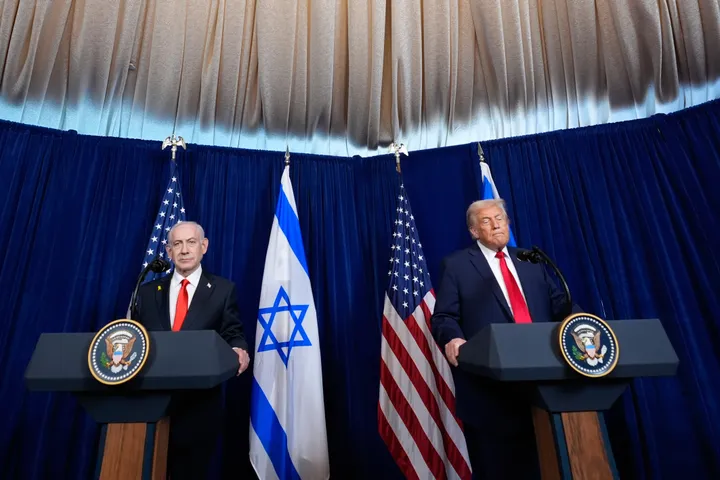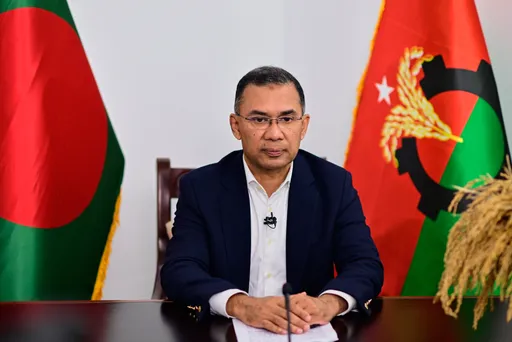Iraq holds an early election billed as a concession to anti-government protests, but expected to be boycotted by many voters who distrust official promises of reform.
Polls opened at 7:00 am (0400 GMT) and will close at 6:00 pm (1500 GMT). Dozens of election observers deployed by the European Union and the United Nations were set to monitor the vote.
Security was tight, with all airports closed from Saturday evening to dawn on Monday across Iraq, where despite the government's declaration of victory over the Daesh terrorist group in late 2017, terrorist sleeper cells continue to mount attacks.
Dozens of anti-government activists have been killed, kidnapped or intimidated in recent months, with accusations that pro-Iran armed groups, many of which are represented in parliament, have been behind the violence.
"Iraqis should have the confidence to vote as they please, in an environment free of pressure, intimidation and threats," the UN mission in Iraq said ahead of the polls, which are being held a year early in a rare concession to the youth-led protest movement.
The protests that swept through Baghdad and the south in October 2019 rocked the Shia factions that have dominated Iraq since the aftermath of the US-led invasion of 2003.
Tens of thousands of demonstrators took to the streets to express their anger at corruption, unemployment and crumbling public services, and hundreds lost their lives in protest-related violence.
The protests have largely fizzled out as anger has given way to disillusion, and analysts predicted a potentially record low turnout for Sunday's vote.
"Nothing will change. This election will be won by the same factions that people protested against," bemoaned Baghdad day labourer Mohammed Kassem, vowing not to vote.
"We have no power, no transport, no public services, and a wretched health service, even though Iraq is the richest country in the region," the 45-year-old said.
Prime Minister Mustafa al Kadhimi's political future hangs in the balance, with few observers willing to predict who will come out on top after the lengthy backroom haggling that usually follows Iraqi elections.
In a speech on Friday, Kadhimi sounded a reformist note, saying voters had a "historic opportunity" to elect "competent individuals... who are not tarnished by corruption" and are capable of launching "comprehensive reform at every level".
READ MORE:Iraq’s early voters cast ballots for parliamentary elections
'Musical chairs'
A new single-member constituency system for electing Iraq's 329 lawmakers is supposed to weaken the power of the traditional blocs largely based on religious, ethnic and clan affiliations.
But most analysts believe it will make the political process even more opaque.
The electoral commission said it expects to publish preliminary results within 24 hours of the close of polls.
But it will likely take longer for the balance of power to emerge as the leading factions compete for the support of a larger number of independents.
The Fatah Alliance, the bloc representing many Iran-backed Shia militias, is expected to retain its share of seats.
The list of populist cleric Moqtada Sadr, already the largest in the outgoing parliament, is expected to make gains but not enough to dominate the Shia camp.
"The election will likely result in another fragmented parliament, followed by opaque, corrupt horse-trading among factions to form the next government," said researchers Bilal Wahab and Calvin Wilder in an analysis published by the Washington Institute.
"Few expect this election to amount to more than a game of musical chairs, and the (October 2019 protest) movement's core demands – curbing systemic corruption, creating jobs and holding armed groups accountable – are unlikely to be met."
READ MORE:Iraq has elections, but not a democracy























